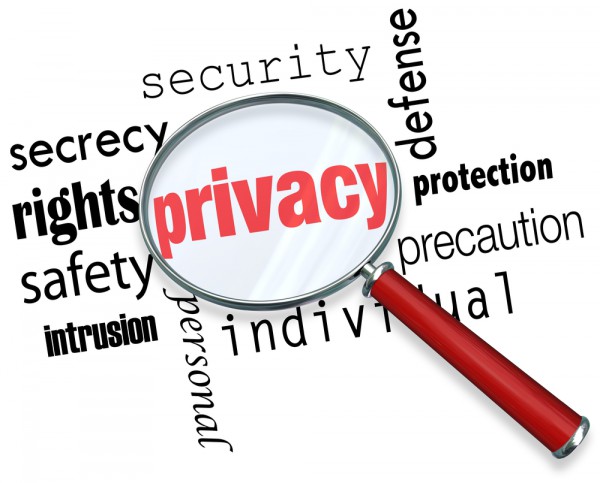Privacy blow -- .UK websites must publicize registrant's name and address

It seems there are new privacy worries at every turn. The latest cause for concern relates to websites in the UK. Nominet, the internet registry services provider for .uk domains, has changed one of its policies, and the change means that individuals running websites may have to reveal their home addresses. There are obvious privacy and security concerns associated with this, particularly for websites run by individuals who wish to remain anonymous -- full names of domain registrants must also be displayed.
Nominet's policy on opting out of appearing on WHOIS searches is not immediately clear. Things start off in a fairly simple fashion. "Only domain name holders that are non-trading individuals can opt out of having their address details published on the WHOIS". Great; my website is just a blog. There's no need to advertise my home address for the world to see, you might think. But 'advertise' could be the key word here. If Nominet classifies you and your site as a business, it is a completely different story and your home address must be displayed.
Fair enough. My blog is just that... a blog. No selling of goods or services is involved. But what’s that, Nominet? A small caveat you say? "[If] you do not use or plan to use your domain name for business, trade (such as pay per click advertising, etc.) or professional transactions, you may opt out of having your address displayed". So if you run ads on your site and make even a few pennies a month from their presence, your site is classed as being used for trade, you are seen as a business and your address must be visible.
It is interesting to note that the policy page offers a link for filing a complaint, but this is a process that is quite the reverse of what most people concerned with privacy would be looking to complain about: "If you believe a domain name is incorrectly opted out of the WHOIS you can make a complaint". A political or activist blogger looking to expose corruption or perceived injustices may well prefer the cloak on anonymity in order to allow them to safely blow the whistle. If they accept donations or use advertising to fund their campaigns, Nominent is denying them their anonymity.
In a statement to the Guardian, Nominet said: "Our policy on WHOIS opt-out has not changed in several years. However, we totally appreciate that since these rules were drawn up, the nature of trading online has changed -- and there are some gray areas -- such as affiliate marketing, pay-per-click etc. In many cases, the definition of what constitutes trading, and what a reasonable threshold is not absolute. We will review our guidelines and policy around privacy opt-outs, as we want a sensible approach that is sensitive to those who rightly wish to keep their details private, and fair to consumers who expect to know who they are dealing with. We will implement any changes we consider necessary".
As Adrian Short points out in the Guardian "anonymity and privacy are often prerequisites for genuine free speech". Nominet has taken on the role of policing the internet, and perhaps it is time for reform and regulation of the regulator: "it's time to consider bringing it under statutory control, making its rules clear, its policymaking democratic and its actions transparent and accountable. Unless and until wiser heads prevail, if you value your privacy, stay away from .uk".
Image Credit: iQoncept/Shutterstock
